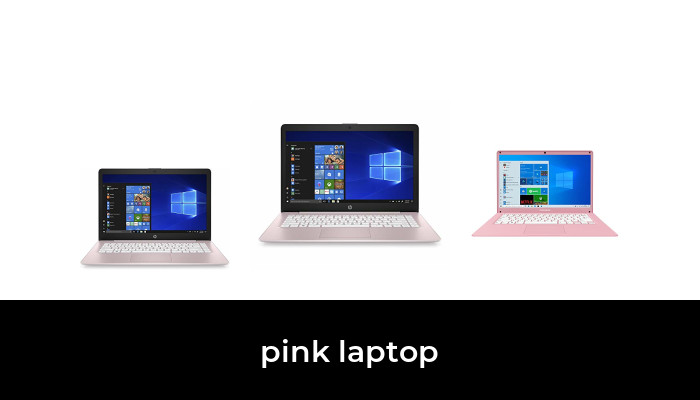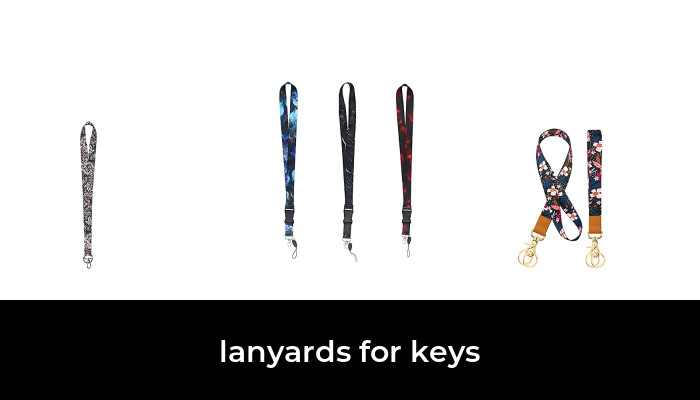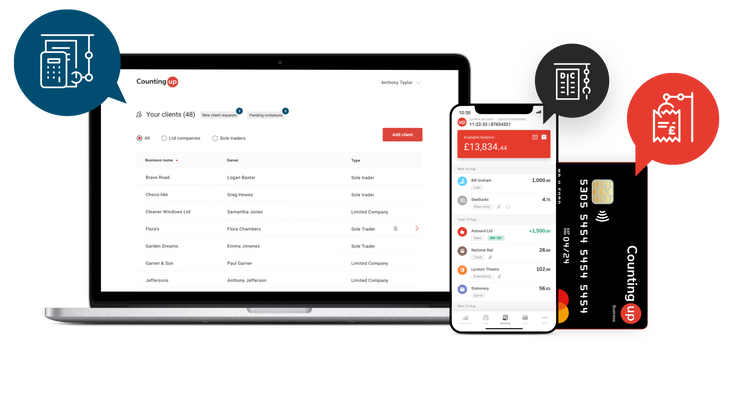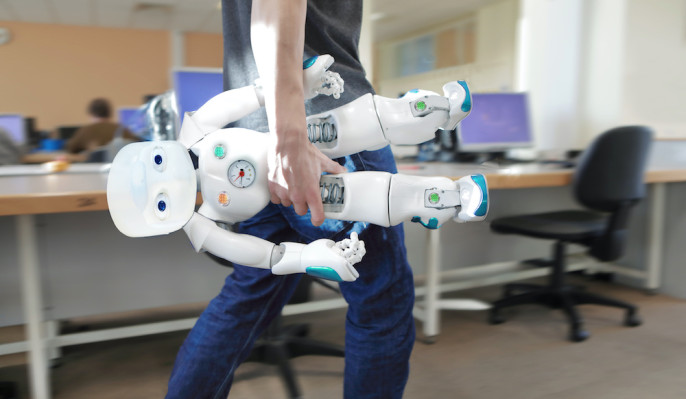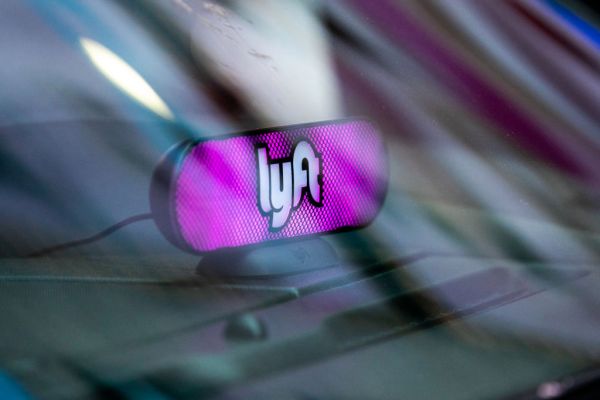Omilia, a company headquartered in Greece that has built a conversational AI for customer support, has raised $20 million in its first ever funding round, having been bootstrapped since 2002.
Backing comes from Grafton Capital and will be used to invest in further growth, after Omilia grew revenue by “more than” 100% in 2019, with the majority of new customers based in the U.S.
Founded by Dimitris Vassos (CEO and Chief Architect), Pelias Ioannidis (Partner and CFO) and John Nikolaidis (Partner and Chief Commercial Officer), Omilia offers a customer care virtual assistant that uses machine learning to offer what it claims is a more “human-like” experience.
It works on all platforms – phone, web chat, social networks, SMS, email, smart speakers and apps – and integrates with existing customer support systems. The technology has also been adapted for 21 languages, including regional dialects and accents.
“Having seen first-hand the pain points — but also the many benefits — of speech technology, we founded Omilia to effectively destroy the traditional ‘IVR’ [interactive voice response technology], which everyone loved to hate, and re-invent it as a truly customer-centric solution,” Omilia co-founder Dimitris Vassos tells me. “Our mission was to evolve and adapt the technology so that users don’t have to”.
When Omilia first launched, Vassos says that although speech recognition tech was pitched as a way to increase call centre efficiency, many companies didn’t know what to do with it or how to get the best from it.
“They were just putting it out into the market and relying on users to adapt,” he recalls. “This led to what we see in many call centres today: a clunky, automated and frustrating experience. ‘Press 1 or say balance’ to get your balance… and so on. This not only gives customers a poor opinion of brands, but it lowers trust, and doesn’t actually solve the problem of call centre demand. With such systems, people get frustrated and press 0 or repeatedly say ‘advisor’ until they’re connected with a human”.
In response, the Omilia team aimed to build a system that people didn’t need to learn or adapt to, and one that was as close to speaking to a human as possible. The resulting product combines a number of technologies into a single omni-channel conversational platform called DiaManT.
“It uses a natural language engine, trained via machine learning, to listen and respond to queries and uses voice biometrics to verify callers as they speak,” explains the Omilia CEO. “Each process has been built in such a way that the technology is invisible to the final user; as far as they know, they’re getting great customer care, whether that’s from a machine or a human”.
Enterprise-friendly, DiaManT can either be installed on-premise or via the Omilia Cloud Platform, and claims to be agnostic with regards to which contact centre provider or systems a company is using.
Having been trained on “tens of millions” of interactions across multiple industries, Vassos says Omilia’s technology already understands thousands of queries across healthcare, banking, insurance, travel and more, and can easily be tailored to include new or different business rules.
“Plus, because it learns via machine learning, the longer it’s used within these businesses, the more queries and conversations it’s able to handle,” he says. “For instance, if an insurer is getting an increase in calls due to the coronavirus, Omilia knows enough about the business rules to answer and help customers now while constantly evolving as the virus and its impact evolve”.
In addition, Omilia’s platform features “deepVB technology,” which uses voice biometrics to verify callers. The deepVB engine samples the speaker’s voice, and computes the speaker’s voiceprint in real-time. DiaManT then compares the speaker’s current voiceprint with the verified voiceprint it has stored.
“This removes the need for the caller to verify their identity at various points in the call,” adds Vassos. “The advantage of deepVB over competitive offerings is that we can do a very accurate reading with very little speech sample, and in the background. Users don’t need to say anything special. Therefore, we can seamlessly blend this technology in our AI voice bots”.
Beyond Omilia’s full enterprise product, the company offers a “plug-and-play” conversational AI solution dubbed “miniApps,” which can be deployed without any coding or training. They consist of independent natural language components, configurable to different business rules and designed to handle single tasks. Examples include recognising when customers are providing addresses, telephone numbers and dates of birth; credit card details; arranging appointments, confirming information and offering generic multiple choice options.
Meanwhile, Vassos describes Omilia’s typical customer as any company providing front-facing customer care, but says to date this has mainly been banks, insurance firms, telecoms, healthcare, and travel companies.


